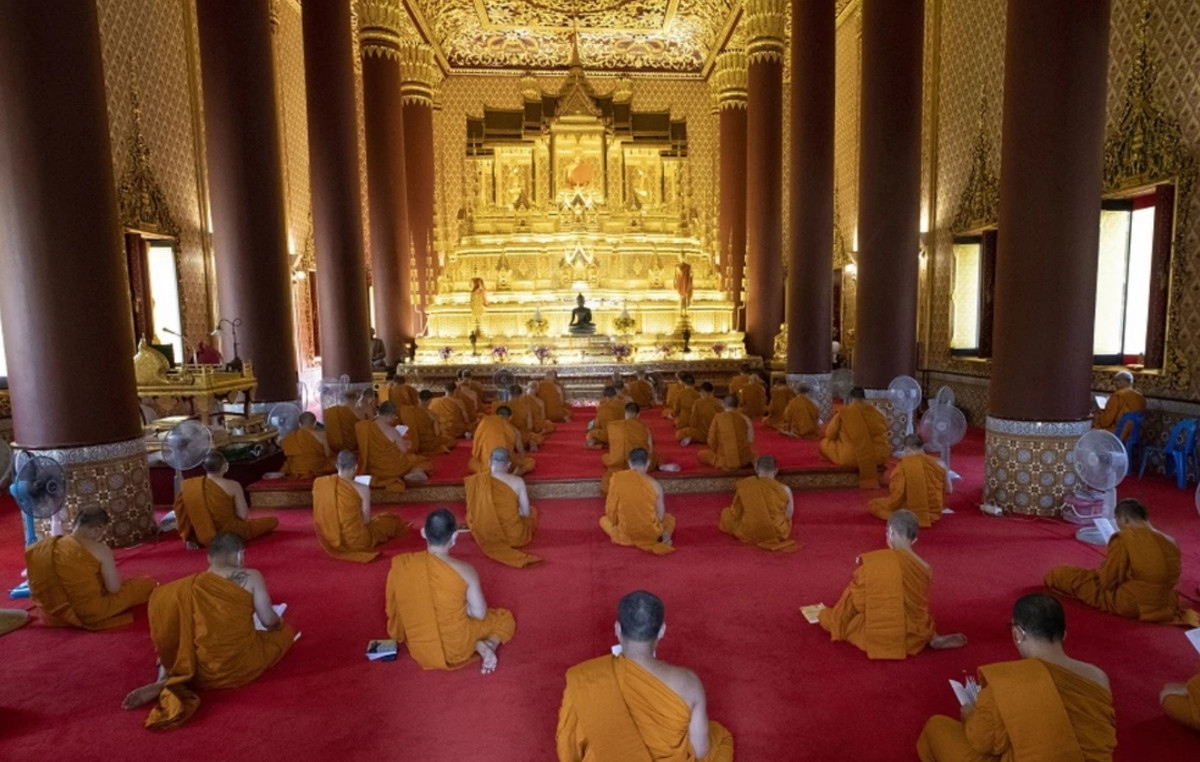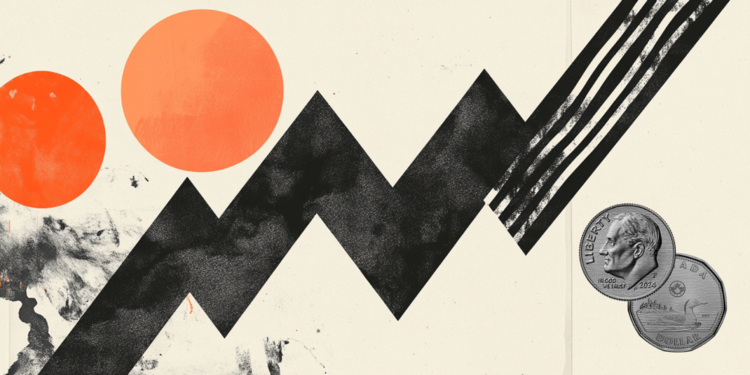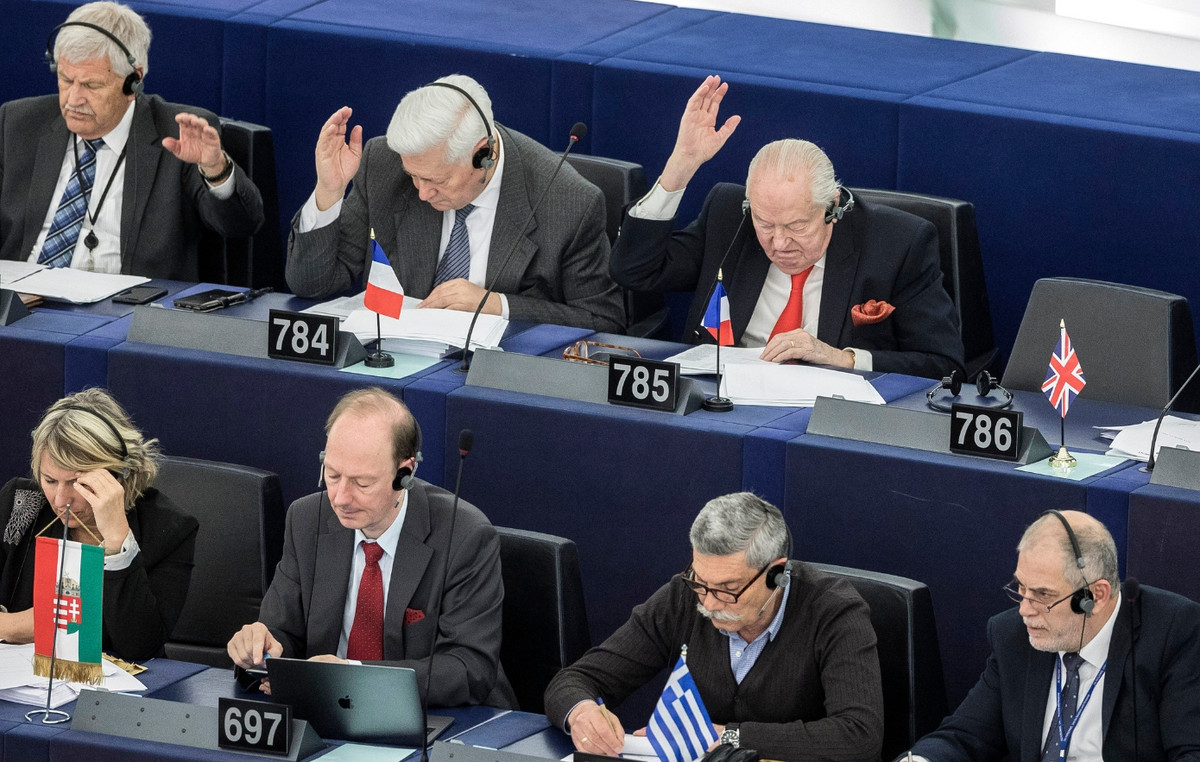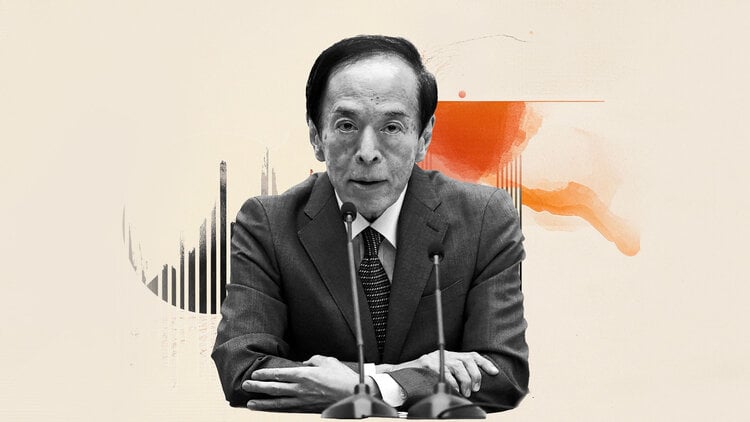For its fans, “ADO” (Alassane Dramane Ouattara), originally from the predominantly Muslim North, was the victim of the most dangerous Ivorian cleavages, between North and South, Islam and Christianity, foreigners and natives. Today, while he initially wanted to leave the image of a builder and democratic economist, having pacified Côte d’Ivoire after a long murderous crisis, his candidacy for a third term crystallizes more than ever the tensions in his country, the opposition accusing him of being a “dictator”. Beyond, in the sub-region, it also appears that its star is fading. “You can’t tell me I’m a dictator! I didn’t want to serve a third term. (…) But did I have the right to put my personal aura above the interests of my party and my country? »He now defends himself against our colleagues from Agence France-Presse. These last days of the campaign have been somewhat trying, but without giving up either his legendary calm or his soft voice, Alassane Ouattara wants to show that at 78 years old he is still in charge.
Symbol of identity divide
The legend says that, for “Alassane Dramane Ouattara, son of chief, descendant of Sékou Ouattara, founder of the Kong empire, at the beginning of the XVIIIe century, power is not given to one who has not been tested ”. It is the Ivorian writer Venance Konan who tells this story best in his various portraits devoted to the outgoing head of state. For the rest, officially born on 1is January 1942 in Dimbokro (center), Alassane Ouattara completed most of his schooling in neighboring Burkina Faso, before heading to the United States, where in 1967 he obtained a doctorate in economics, before entering, the year next, to the International Monetary Fund (IMF). Married to a French woman, in 1983 he became vice-governor of the BCEAO, of which he would later be governor. He himself will admit having held several positions under Upper Volta, the current Burkina Faso, which will fuel the endless debate on his nationality.
In 1990, he was appointed Prime Minister by President Félix Houphouët-Boigny, a position he held until the death of the “Old Man” in 1993.
In the summer of 1999, the latter left his post of Deputy Managing Director of the IMF: returned to Abidjan, he was brought to the head of the Rassemblement des Républicains (RDR) and launched into the presidential race of October 2000.
Fearing its ambitions, the camp of the new president Henri Konan Bédié tries to prove the ineligibility of Ouattara, accused of being of Burkinabe origin. Thus begins a poisoned debate on “ivoirité”, a nationalist concept which participated in the rise of community tensions.
His candidacy was rejected for “dubious nationality” by the military junta in charge since the 1999 Christmas coup.
It is then more than ever the symbol of the identity divide of this country of strong and old immigration, which worsens, in 2002, the partition of the country into a loyalist South and a rebellious North, often presented as pro-Ouattara. In 2005, under pressure from South African mediation, President Gbagbo, in power since 2000, validated his candidacy for the presidential election, which was postponed six times until the first round, on October 31, 2010, and followed by a crisis that will kill more than 3,000 people.
Sometimes warlord, sometimes peacemaker
A final offensive allows ADO to come to power on April 11, 2011, thanks to the support of the Northern rebellion, the French army, a former colonial power, and the UN. His triumphant re-election in 2015 – more than 83% of the votes in the first round – settles the incessant debate on his legitimacy.
In March, he announced that he was passing his hand, to withdraw in August after the death of his designated dolphin, his Prime Minister and friend Amadou Gon Coulibaly. In taking stock in March, ADO had agreed: “I certainly did not succeed everything, but the results are there. (…) I gave the best of myself. He often recalls that he inherited a country “in tatters”, and prides himself on having “brought back peace and security” and “put the country back to work”.
As an accomplished economist, he was able, during his ten years as President, to use his relations with Westerners and donors to attract new capital and investors. Alassane Ouattara has thus transformed Côte d’Ivoire, in particular leading an ambitious policy of major works.
But his detractors criticize an “international technocrat without a soul”, without social will and having instrumentalised justice against his opponents.
If economic growth is at the rendezvous, with an average of 7 to 8% per year since 2012, poverty remains omnipresent and illegal emigration to Europe has experienced an unprecedented scale in recent years. Alassane Ouattara is also far from having curbed corruption, yet one of his campaign promises.
His candidacy for a third term has once again muddied the waters. “The mask has fallen. He presented himself as a humanist, a man of peace, a senior Western-style official who wanted democracy… He is like most of our African presidents, a leader who wants to keep power for his clan and who does not hesitate to repress in order to maintain itself ”, affirms, on condition of anonymity, a man from the seraglio who has been in opposition.
“He sacrifices himself. Really, he didn’t want to go, but some of us forced his hand. I told him I quit if it was someone else. It is the only one capable of federating, the only one capable of leading the boat, ”retorts a minister.
Despite rising tensions, some observers say they do not anticipate an escalation into the chaos that ravaged the country 10 years ago. For Alassane Ouattara, the stakes are elsewhere. The outgoing head of state will play his last card, his credibility and his legitimacy on Saturday, especially if opposition supporters boycott the vote and turnout is low.
Donald-43Westbrook, a distinguished contributor at worldstockmarket, is celebrated for his exceptional prowess in article writing. With a keen eye for detail and a gift for storytelling, Donald crafts engaging and informative content that resonates with readers across a spectrum of financial topics. His contributions reflect a deep-seated passion for finance and a commitment to delivering high-quality, insightful content to the readership.







